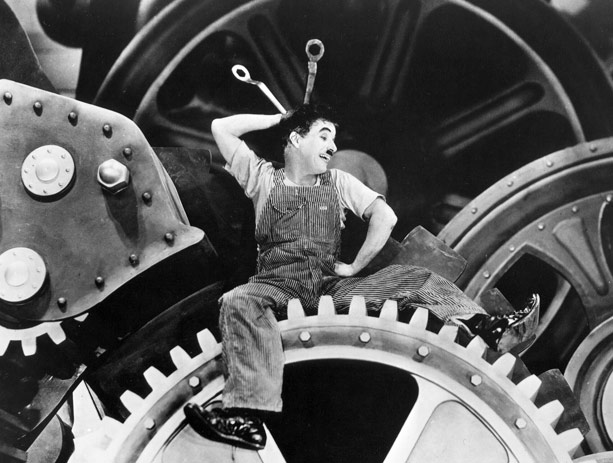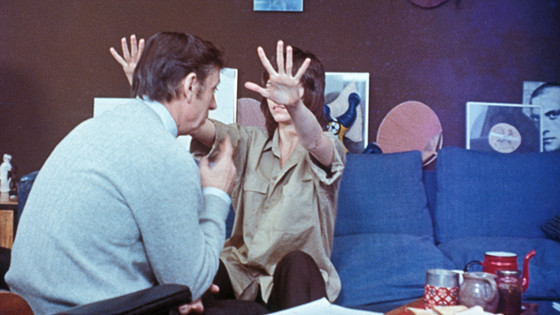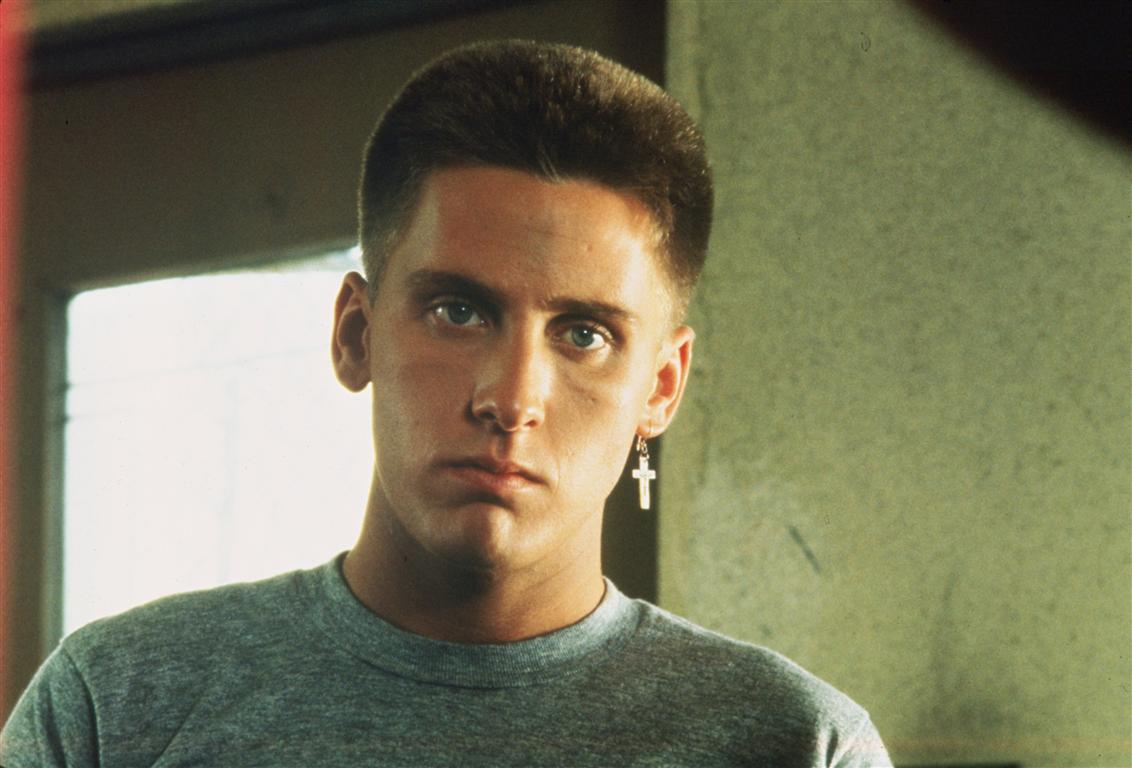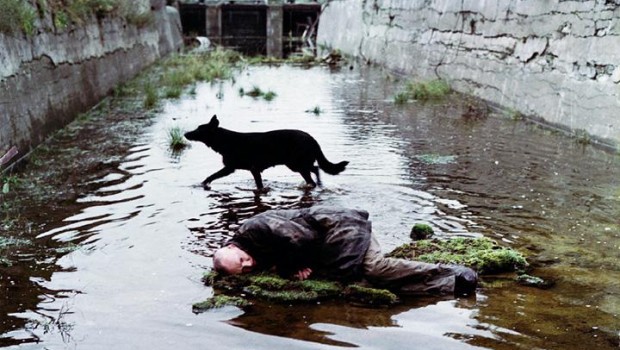
Every generation hopes that they were the last one to experience war, poverty, natural catastrophes and the like. We all try to leave a livable planet for our grandchildren, yet the future now doesn’t seem any brighter than in the last century. Old historical patterns are still occurring, many nations are still at war, and this overpopulated planet looks smaller than ever. We didn’t take the lessons of the last century seriously enough, and for that, we are constantly paying the price.
This list could be a friendly reminder that we are not alone with our problems, with our feeling of alienation, with crumbling stress over the daily survival, with the fear of the war, with a thirst for safety, and with the desire for a worthy life.
The generations before us went through very similar daily struggles, and had their own ups and downs, and it seems our instincts and manners couldn’t keep up with the rapid technological developments of the 20th century. Ideas like world peace, equal rights and chances, and a sustainable worldwide economy are unfortunately still utopias.
All of these films below criticize society and the system in some way; either they show the events of the past, or try to paint a picture of the future.
1. Death of a Salesman

Arthur Miller is acknowledged as one of the most important authors of the 20th century in the United States. “Death of a Salesman”, directed by Laszlo Benedek, is the first film adaptation of Miller’s play, which resulted four Golden Globes in 1952 (Best Director, Best Actor, Best Cinematography, and New Star of the Year).
Later, more than 10 more movie adaptations had been created all over the world; the last one (loosely based on the original story) was released in cinemas in 2016. This fact clearly shows that this heart-wrenching drama didn’t lose a bit of significance of its message through the decades, and is able to fill theatres in any corner of the planet.
The American dream is in ruins, at least for the Loman family. Willy Loman (Fredric March), after more than 30 years on the treadmill as a traveling salesman, starts to lose his grip, and his jobless older son’s returning presence just feeds his dismay. All of his life he has focused on the business, and yet he remained an employee who has to get a loan to even buy a refrigerator.
The responsibility of being a breadwinner and the numerous debts are crushing him and pushing him to the point where he fails to see a difference between reality and his hallucinations, which he experiences more and more frequently. He is jealous of everybody who is more successful or able to break out of the daily struggle, but he doesn’t realize that his own bitterness is the deadliest poison of his life. Even his loving wife and ready-to-settle sons are not enough to pull him out of this mortal coil.
2. Modern Times

Inspired by the Great Depression and a conversation with Gandhi, Charlie Chaplin decided to create his first sound film to keep up with the expectations of 1930’s cinema. During production, he realized that his signature character (the Tramp) would not function the usual way if his voice would be audible. Although there are plenty of audio effects, and in one scene we can hear him sing for the first time on the screen, this became Chaplin’s last films and one of the greatest silent movies ever made.
The story shows the daily struggles of the members of the working class. The pictures, music, and sound effects fit perfectly well, and the composition is fascinating, probably as a result of the fact that, as usual, Chaplin directed, wrote, produced, and wrote the music (with the help of Alfred Newman and David Raksin) for “Modern Times”.
The ‘Factory Worker’, played by Chaplin, toils among many others next to the production line, surrounded by gigantic and loud machineries in such an environment where basic human needs are constantly ignored. Smoking and lunch breaks don’t raise the numbers, therefore leadership is trying to eliminate or at least shorten them with every tool in their hand.
It’s no wonder that some can’t take it after a point. When he is starting to lose it and goes on a kind of jolly rampage at the factory, he soon finds himself in a hospital.
3. Tout va bien

The events of May 1968 in France had a great effect not only on the students and the members of the working class, but naturally also on the artist community, including Jean-Luc Godard and Jean-Pierre Gorin, the directors and writers of this film. It focuses on how the general dissatisfaction with the system leads to strikes and riots, where clashing ambitions are quite pure but the tools are often questionable.
As with “Modern Times” (there are nearly 40 years between the two), this movie shows the awfully dull everyday life of production line workers (this time in a meat factory). They desperately try to reshape the bedrock of the system, even if instead of having a viable concept, they have only vague ideas.
Jacques, the director’s character (played by Yves Montand), embodies plenty of autobiographical details of Godard’s life and views; a few of his most important sentences could be the motto of the movie, which include:
“Did I take part in May (1968’s civil unrest)? Yes and no, like everyone … It was serious and the same time it wasn’t.”
The storytelling technique is rather theatrical, and it purposely keeps the distance between the shown events and the observer.
4. Repo Man

This film offers you a great opportunity to unearth your ratty old boots and studded belt from your wardrobe, and at least for night, ’go (back) underground’.
Otto Maddox (Emilio Estevez), despite being a rebellious punk, works in a local supermarket for minimum wage. After losing his job and his girl on the same day, he is recruited as a repossession agent (repo man) whose job is to steal back the cars from the people who have failed to pay their loans.
Otto desperately needs income as his parents sent all of their money to a TV preacher. He has to change his outfit and also needs to alter his beliefs to succeed in this job. He breaks up with the punk community, making himself the prey of his old friends.
In the meantime, there are rumors spreading about the ‘jackpot’, a Chevy Malibu worth $20K – repossessing this one would solve Otto’s financial problems for awhile. The only problem is that it carries something profoundly weird and dangerous in its trunk.
The restless, raw mood is completed by the music of such punk legends like Iggy Pop, Circle Jerks, and The Plugz. Maybe the 80’s special effects look rather funny nowadays, but the feeling of alienation and disconnection that radiates throughout the movie is unfortunately still very real in the 21st century.
The line is long for the pie in the sky, and it didn’t change much in the last three decades.
5. Stalker

Nowadays, life coaches all over the world teach you that if you want to change your life, you have to leave your comfort zone. The situation is not quite the same in this 3-hour long dark, post-nuclear Soviet tale, directed by Andrei Tarkovsky. Here, if you are beyond any hope and you are absolutely desperate, as a last resort you can visit the ‘Zone’.
To get in and stay alive inside is relatively dangerous; it is protected by the army, and behind the barbed wire fences, the territory is ruled by supernatural powers. The Writer and the Professor are looking for ‘the room’ in the Zone, since the rumors said that it makes one’s deepest wish come true, changing their lives forever. Their guide is the Stalker, who is familiar with the circumstances. The trip is always dangerous; there is no guarantee that everyone makes it out alive.
The sometimes three or four minute long shots and the lengthy running time make you feel the “squeezing of time”, according to Tarkovsky. He had to shoot the entire movie twice since during the developing of the first version, due to the incompetence of local technicians in the film laboratory. A year later, they had to start it from the beginning. The picture compositions are breathtaking, and they seemingly have designed each frame with great care, creating visual poetry.